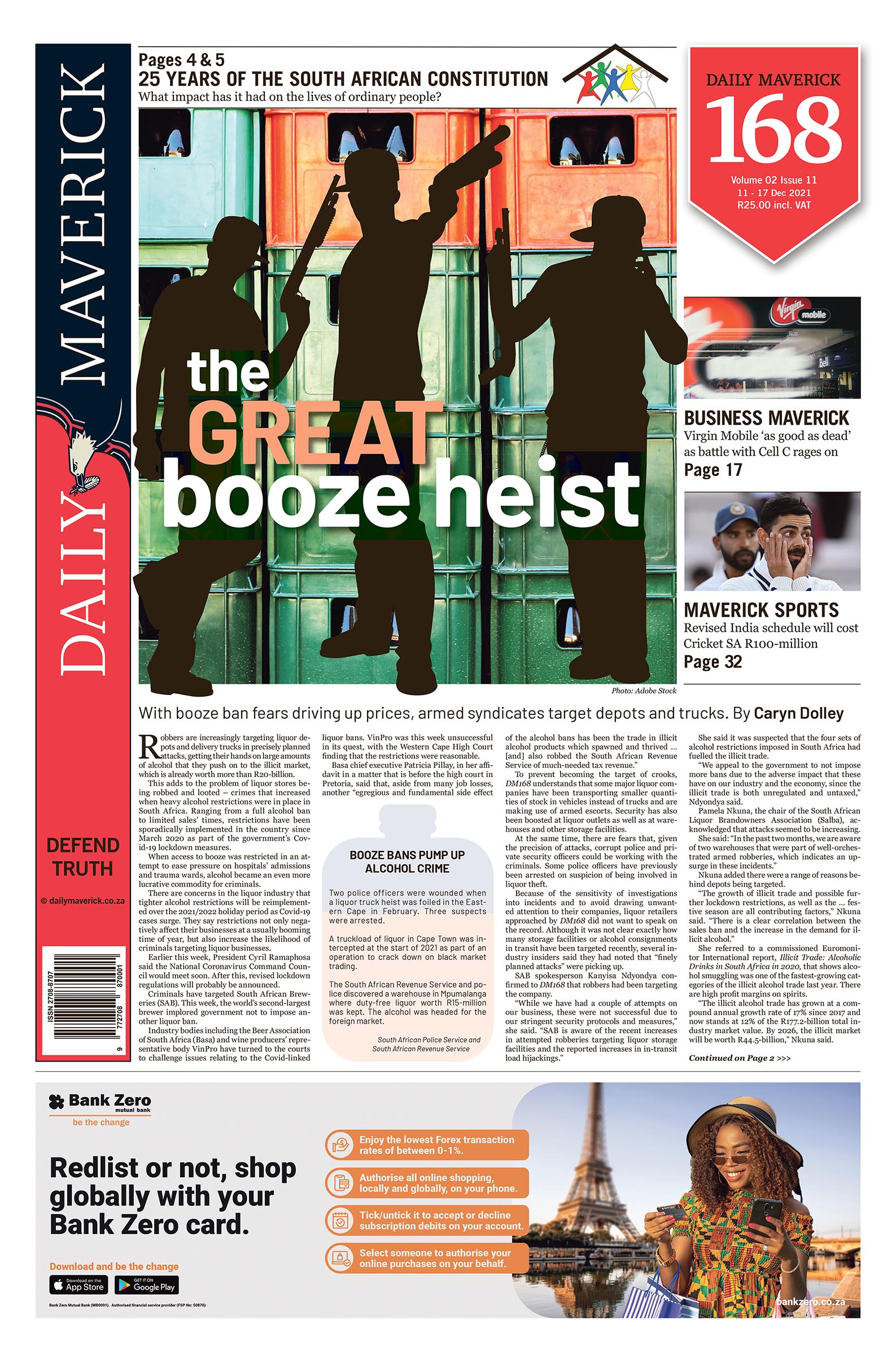Five times in the past month the market tried to rally – and five times it failed. Maybe everyone knew that the party was over, but no one wanted to be the first person to ask for the bill.
The announcement of Omicron on 24 November was an early catalyst, sending stocks down almost 3% in two short days of intense trading and volatility, with the VIX at its highest level since January. More was to come, however.
After a half-hearted semi-recovery, the markets were sent sharply lower last week after a speech by Federal Reserve chair Jerome Powell in which he suggested that the term “transitory” should be retired and that he – a central banker whom markets had come to assume was a trigger-happy, money-printing perma-dove – was also concerned about long-term inflation. Clearly, if need be, the taper of monthly Fed purchases could happen faster than expected.
A much-expected “taper tantrum” in the markets duly followed, as not only did investors ask for the cheque; they practically ran out of the bar. In a heady two weeks of furious trading, all the market gains of the past three months were erased.
What seems to have gripped the market is that, with inflation looking more entrenched, the reality is that the all-important monetary easing is coming to an end at the same time that fiscal support measures in the US are ending. It was always clear that the inflationary fiscal and monetary policies had been too good for risk assets, and those fears all seemed to coalesce simultaneously.
Hardest hit were the assets assumed to be the riskiest. Investors in Bitcoin, who have had an erratic 12 months at best, capitulated, sending the crypto benchmark down more than 20% in a week.
Similarly, the growth investor darling that is the Ark Innovation fund is down 17% in two weeks; and the “meme stocks” of GameStop and AMC were all smashed, down about 30%.
Small caps, which had rallied in a frenzy of speculation, substantially underperformed the tech leviathans such as Microsoft and Google.
Before “buying the dip”, investors should remember that the S&P 500 is still up by over one-fifth this year, meaning that there is substantial room for a correction to run.
Should inflation persist and the economy underwhelms as it did last week when the US non-farm payrolls came out sharply below consensus estimates, then concerns of short-term inflationary overheating and long-term stagnation will intensify, a combination that could be disastrous for risk assets.
Consistent with this reading has been a drastic flattening of the yield curve. The US five-year Treasury benchmark yields have moved out substantially in the past month, especially for such shorter duration bonds that usually move negligibly.
The long end, meanwhile, has traded stronger, with the US 30-year about 17 basis points lower (bond yields move inversely to prices). This is entirely synonymous with the market worrying that inflation will be a problem in the short term. The picture for the long term, however, is a little gloomy and growth will be lower than prepandemic.
Although many investors have been burnt, prematurely predicting this bull market’s demise, its steam does seem to have finally run out, there being far more downside risks than upside.
If inflation persists or runs higher and economic data surprises on the upside, with the Fed talking about aggressive tapering, then there could be a rapid correction. Conversely, if the data coming out of the US surprises on the downside, then stocks exposed to aggregate demand will be hit. And, finally, there is Omicron. Although it is never wise to try to predict anything related to Covid-19, it is hard to imagine the variant being an excuse for investors to buy into risk assets.
Locally, however, investors have had a better time of it – perhaps because the local bourse never enjoyed the sugar-fuelled excesses of speculation that transpired in the big global markets, and therefore valuations – particularly in solid South Africa Inc type shares such as Pepkor, MTN and Shoprite – were more sane to begin with and therefore less prone to a sell-off.
With so much uncertainty in the market and the froth having been scraped off the top, investors would do well to ensure their portfolios hold nothing but quality businesses at reasonable valuations, as well as a fair degree of liquidity should a correction result in a buying opportunity. This may be a sensible time of the year to be somewhat boring, and leave the greedy excesses to the festive celebrations. DM168
This story first appeared in our weekly Daily Maverick 168 newspaper which is available for R25 at Pick n Pay, Exclusive Books and airport bookstores. For your nearest stockist, please click here.



















Comments - Please login in order to comment.